Benefits Of Leeks |
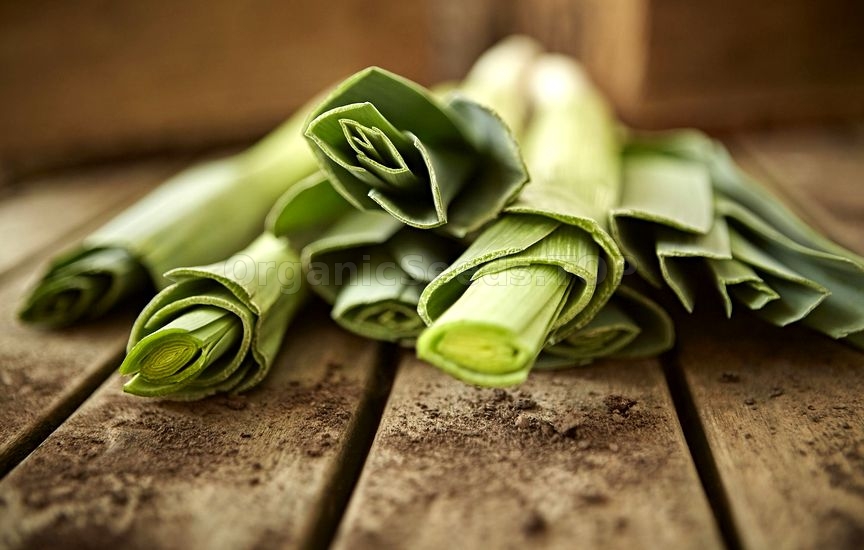 Ranking high on the nutritional chart, leeks are a popular remedy for several ailments. They are highly nourishing, inexpensive and plentiful. Used in various forms, from soup to beurek, leeks can add aroma, flavor and richness to almost any recipe. Its syrup, seeds and juice also have a distinct place in the pharmaceutical and cosmetic industries. With the unique combination of flavonoids and sulfur-containing nutrients, leeks make an important component in your diet. Scientifically known as Allium porrum, leeks belong to the family of onion, garlic, shallots and scallions.Leeks are packed with essential vitamins, minerals, antioxidants and dietary fiber. It is widely consumed in many parts of Europe, America and Asia. Though they are available throughout the year, they are at their best during the early part of the spring season. 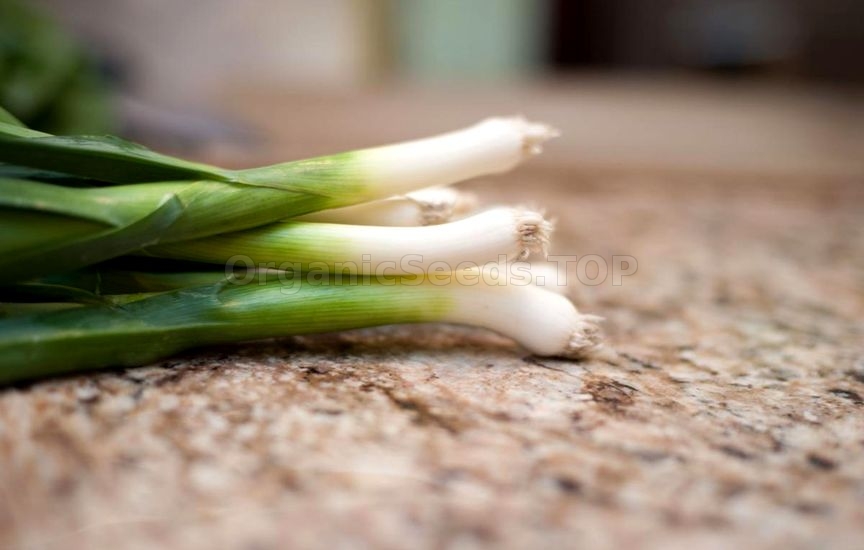
Benefits Of Leeks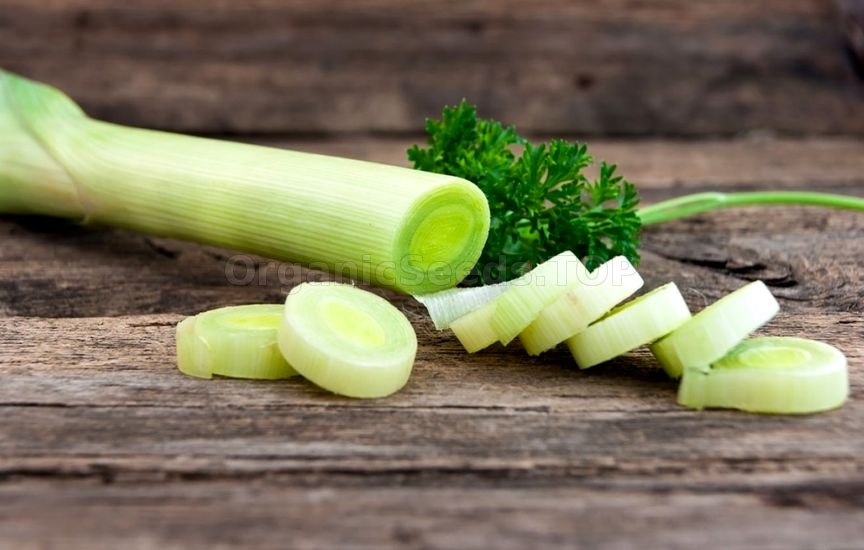 Leeks are rich in dietary fiber, folic acid, calcium, potassium and vitamin C. They are easily digestible as compared to onions. Now, let’s look at the leeks benefits.
1. Detoxifies Skin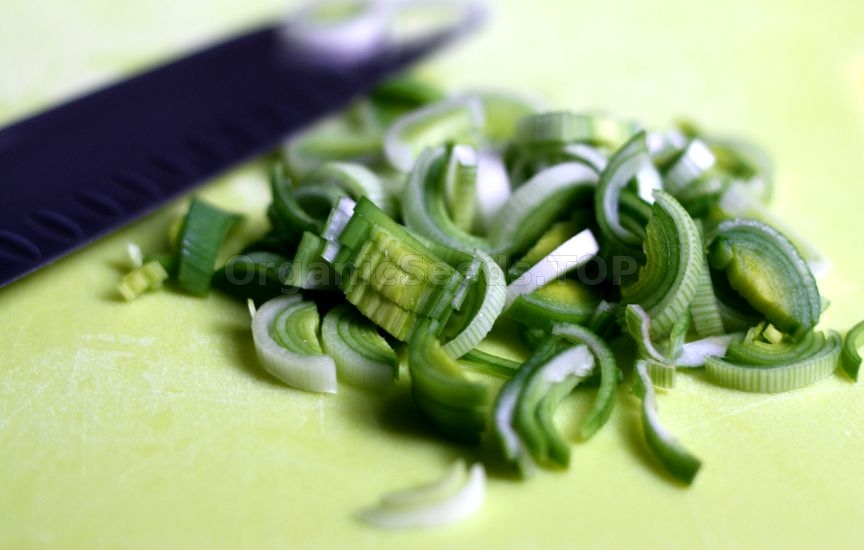 Leeks are a natural diuretic and detoxify your skin by trapping harmful substances and flushing them out of your body. They perfect cleanse your body, making your skin look radiant.
2. Sun Protection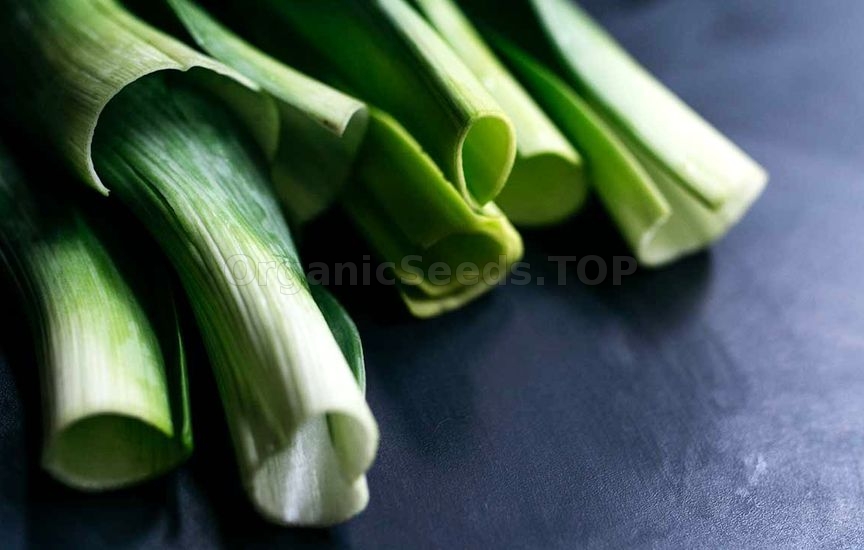 The green leaves of leek contain 100 times more beta-carotene and twice as much vitamin C as in the white parts. This combination of vitamins A, C and E as well as other powerful antioxidants in leeks protects your skin against damage by free radicals and harmful ultraviolet rays of the sun.
3. Promotes Hair Growth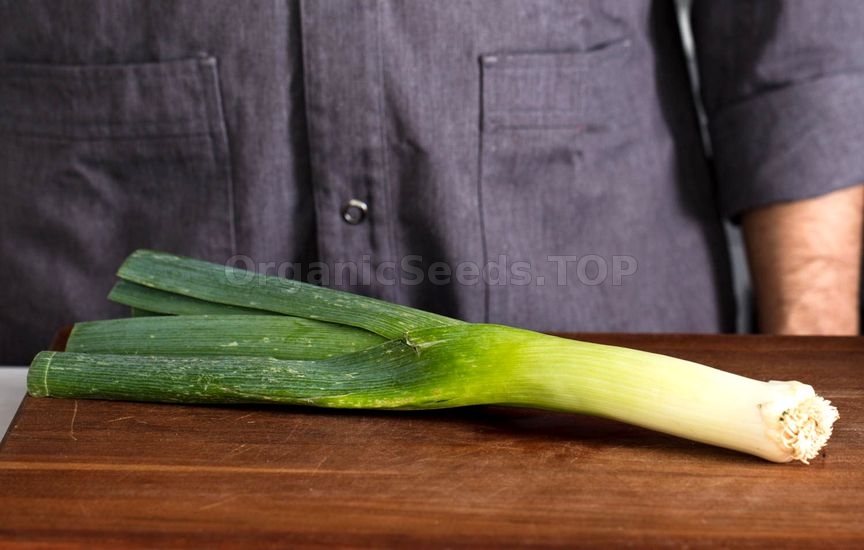 Leeks are an important source of iron which helps the hair follicles to grow. They are also rich in vitamin C that promotes the absorption of iron by the body. Deficiency of iron can cause anemia which is one of the causes for hair loss.
4. Protects Blood Vessels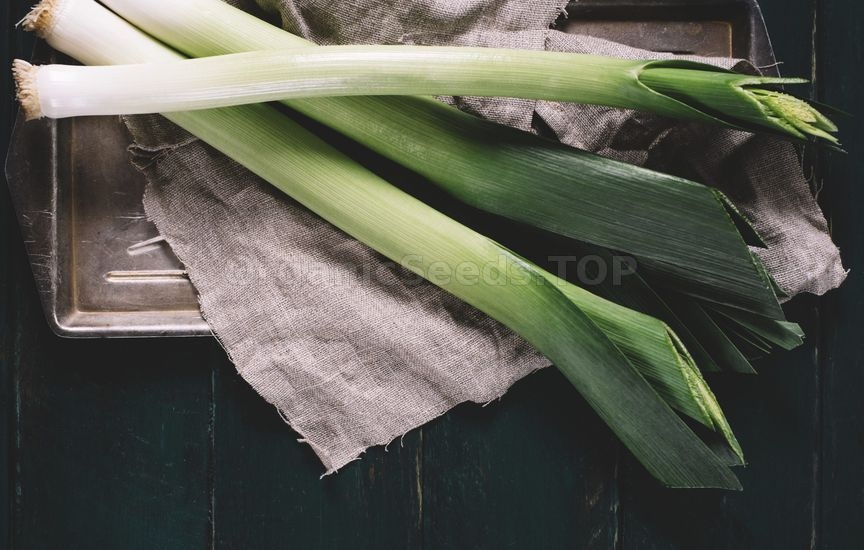 Leeks contain a flavonoid, kaempherol, which protects the linings of the blood vessels against free radicals. Kaempherol stimulates the production of nitric oxide which acts as a natural dilator and relaxant of the blood vessels. It allows the blood vessels to rest and decreases the risk of hypertension. Leeks contain a generous amount of vitamin K which benefits every tissue in your body. Low levels of vitamin K can induce bleeding and adversely affect blood circulation.
5. Bone Health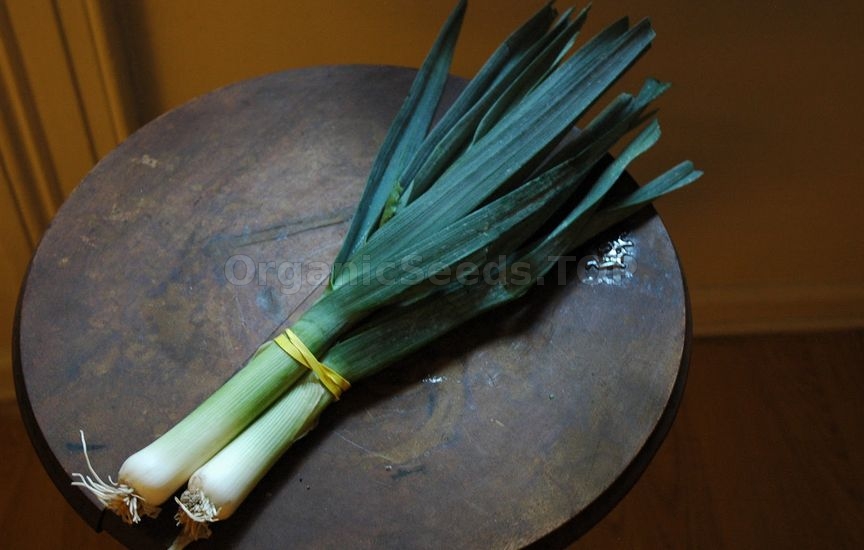 High content of vitamin K in leeks activates osteocalcin, a protein that is vital for bone health. A cup of leeks provides about 42 microgram of vitamin K which is 47 and 34 percent of the daily recommended amount for women and men respectively.
6. Good For The Heart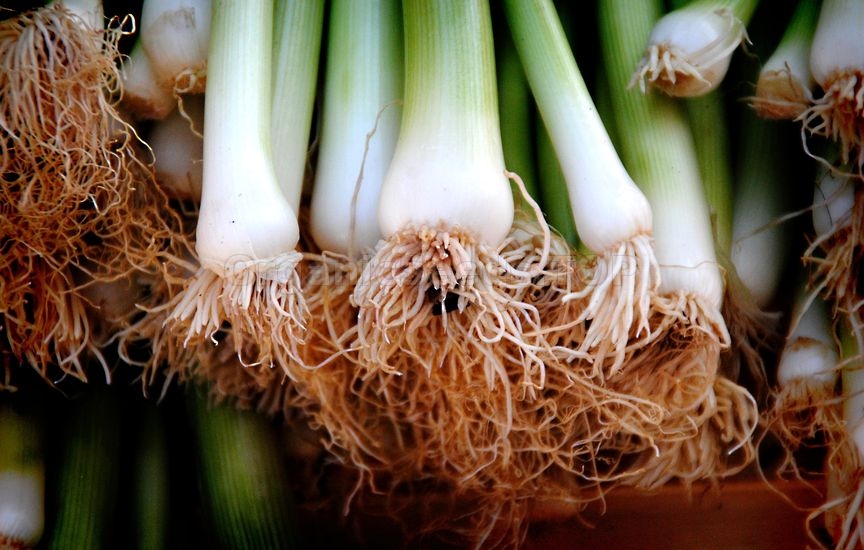 High levels of homocysteine in the blood can increase the risk of cardiovascular diseases such as coronary artery disease and atherosclerosis. Leeks contain a bioactive form of folate called 5-methyltetrahydrofolate, which has been shown to lower the concentration of homocysteine in the blood. Kaempherol present in leeks also improves heart health by reducing the production of nitric oxide.
7. Reduces the Risk Of Chronic Inflammatory Diseases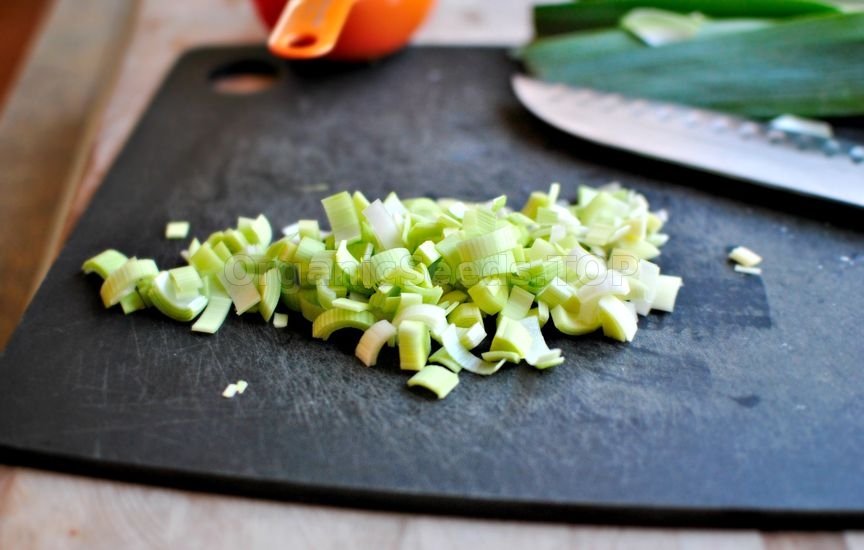 Chronic inflammation is detrimental for heart health. Vitamin K has anti-inflammatory properties that can fight against chronic inflammatory diseases such as diabetes, obesity and rheumatoid arthritis. Abundance of vitamin K in leeks prevents chronic inflammatory diseases and unwanted calcification of the arteries. Besides vitamin K, vitamin B6 in leeks also provides anti-inflammatory benefits.
8. Aids Digestion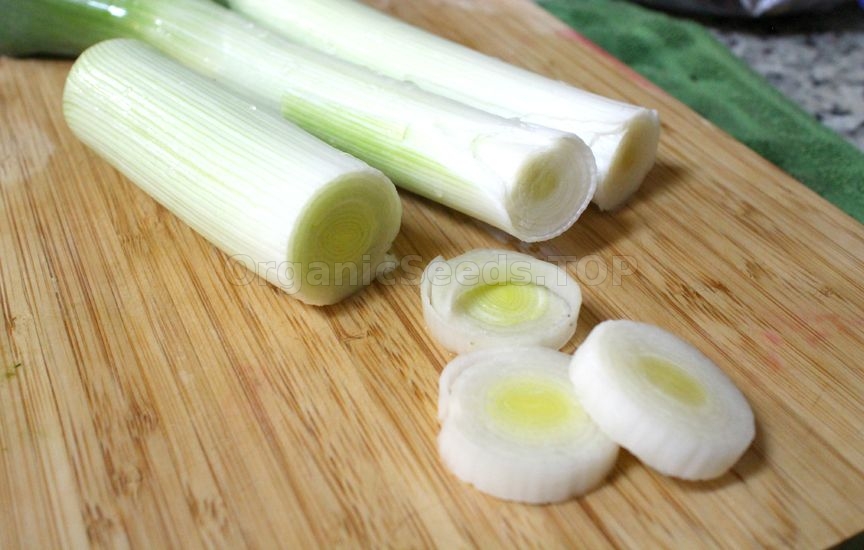 A prebiotic, leekshelp in digestion, and stimulates and strengthens the stomach, kidneys and gut. Fibrous vegetables like leeks enable you to eat slowly, hence properly digest your food. This prevents overeating and makes you feel full.
9. May Prevent Cancer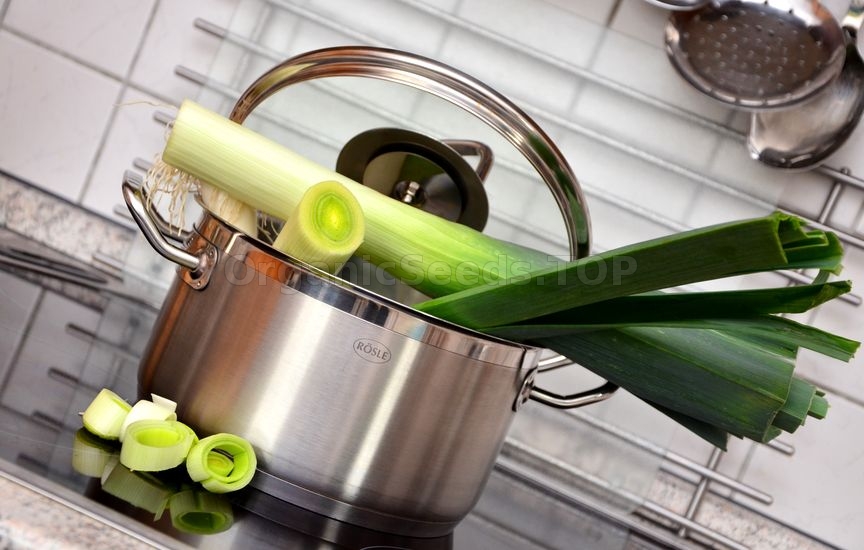 Leeks are a good source of allyl sulfides which can inhibit pathways associated with the formation of malignant tumors. Like other members of the allium family, they may play an important role in preventing certain types of cancer. They can also reduce the risk of prostate, colon and ovarian cancer.
10. Promotes Weight Loss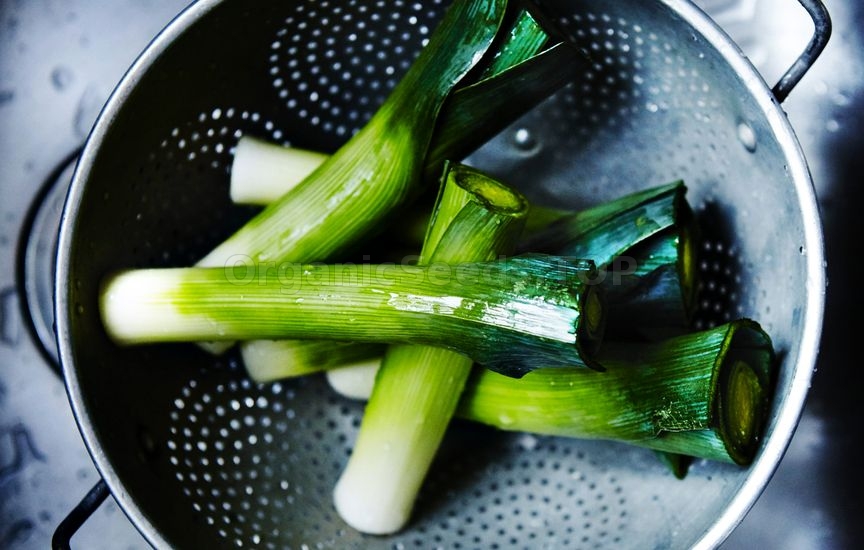 Leeks help in weight loss and fight obesity as they are low in calories and fat-free. Leeks are a natural appetite suppressant. Their high fiber content suppresses your hunger by providing a feeling of fullness. Both soluble and insoluble fibers present in leeks regulate intestinal activity and reduce bloating. It can also be added to your recipes to get that extra flavor without adding calories, proving beneficial for those who want to slim down.
11. Improves Vision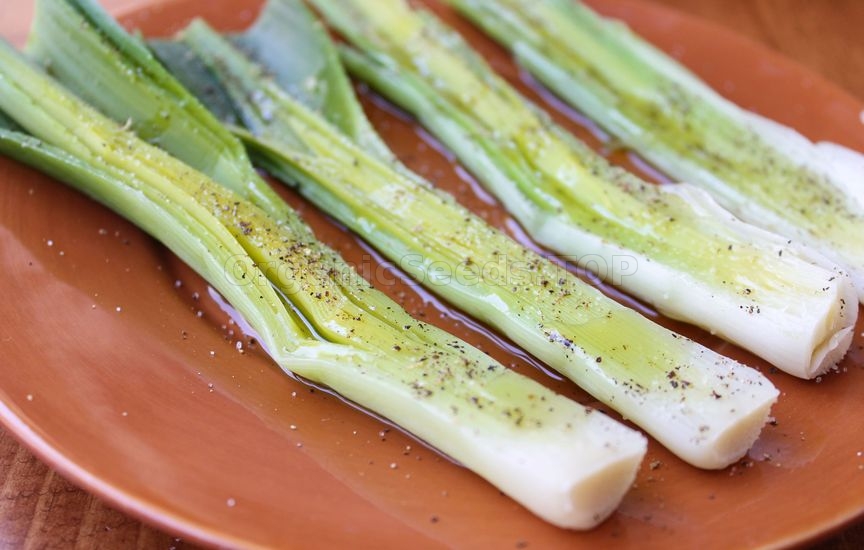 Leeks are a good source of lutein and zeaxanthin. These compounds are vital for healthy eyesight. They protect your eye tissues from the harmful oxidation of DNA and cell membranes, by filtering out harmful light rays while they enter your eyes. The consumption of leeks in adequate amounts protects your eyes from cataracts and age-related macular degeneration.
12. Beneficial During Pregnancy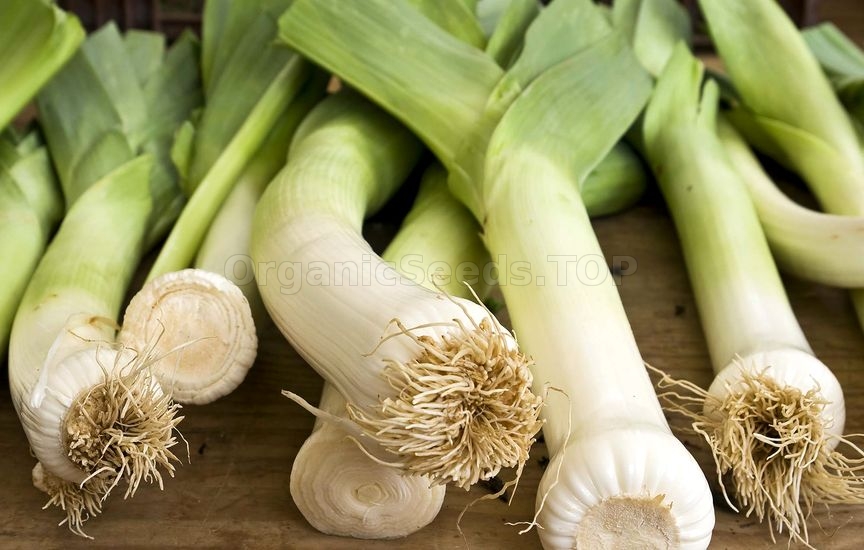 Leeks are rich in vitamin B9, also known as folate (folic acid). Folates form an important part of the diet of pregnant women. They are essential for the production of new DNA which is needed for formation of new cells. Folates also promote healthy neural tube formation, adequate birth weight and proper development of the face, heart, spine and brain.
13. Maintains Healthy Cholesterol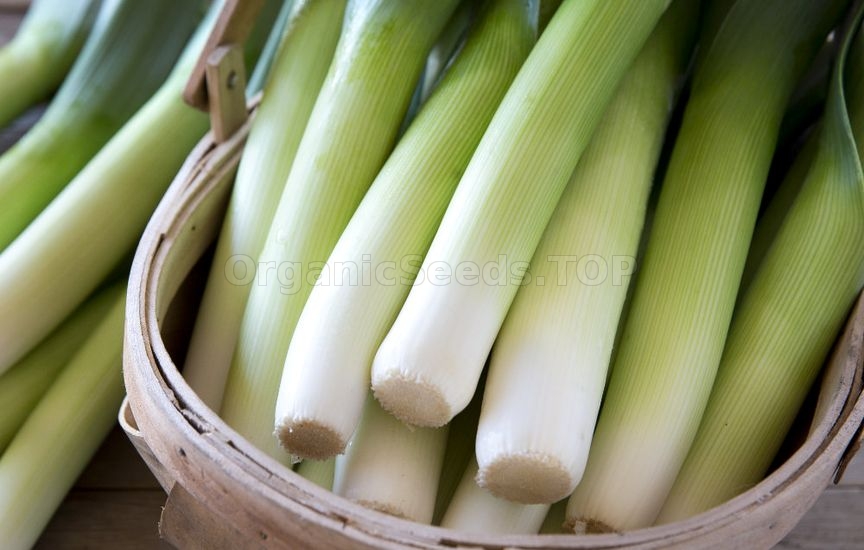 Fiber plays an important role in reducing cholesterol levels by promoting easy bowel movements. It also helps to flush out the extra cholesterol from the body and reduces the production of cholesterol in the liver. Leeks have antiseptic properties that help the body fight infection. Thus, they help lower LDL cholesterol and increase HDL cholesterol. Here is another good post on home remedies for reducing cholesterol. You may need:«Good Fellow» - Organic Leek Seeds«Volcano» - Organic Leek Seeds«Autumn's Giant» - Organic Leek Onion Seeds |
|
|
